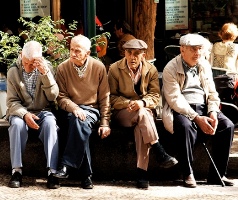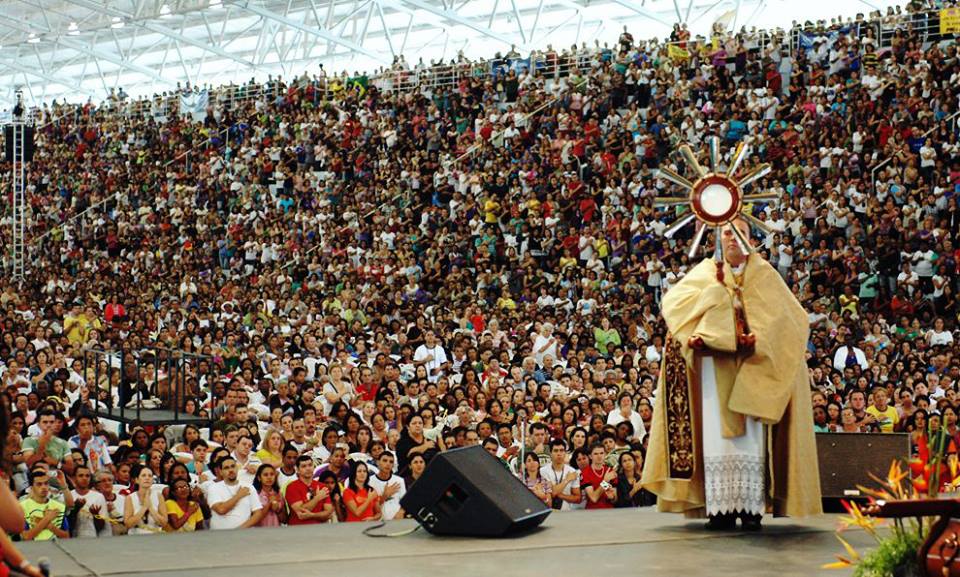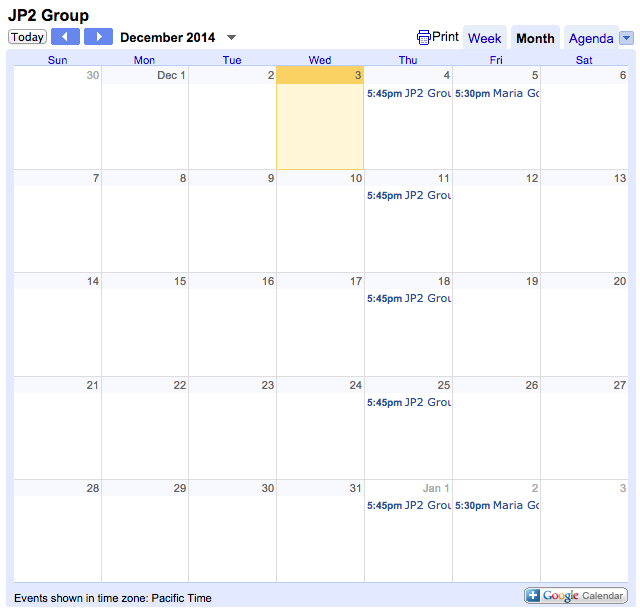 As you’ll see from the categorization of this entry, this is an apologetics post. In this article I am going to be defending the use of the writings of the Early Church Fathers in demonstrating the historicity and veracity of the Catholic Faith.
As you’ll see from the categorization of this entry, this is an apologetics post. In this article I am going to be defending the use of the writings of the Early Church Fathers in demonstrating the historicity and veracity of the Catholic Faith.
The problem with writing a defence of anything is that, even with the best will in the world, it’s still easy to come across as though you’re attacking those to whom you are responding.
So, if you’re reading this post and you feel that it comes across as Protestant-bashing then I’m truly sorry. This is certainly not my intention. In fact, this was one of the reasons why I penned the Ecumenical Apologist entry, to try and dispel such charges. In this post I simply want to present something of an explanation as to why one should care about the Early Church Fathers.
Forgotten Treasure
On the occasions when I’ve been engaged in apologetics with non-Catholic Christians I’ve often mentioned the Early Fathers. I’m usually met with blank stares. The Early who?! Unfortunately, like Catholics, our separated brethren haven’t read much of the Early Church Fathers either 
One of my hopes for this blog is that it will encourage both groups to read the Fathers and learn more about our common heritage. The Early Church Fathers are fundamentally important in ecumenical work since they were living in a time prior to the divisions of the Great East/West Schism and the Reformation.
On the odd occasion when I do encounter non-Catholics who have heard of the Fathers, they usually only have second-hand information and have actually not read any of their writings. This is not true of all non-Catholics, of course, but in my limited experience it has at least been the larger majority. It should come as no surprise then, upon meeting Catholic or Protestant Christians unfamiliar with the Fathers, I immediately encourage them to begin by reading the letters of my favourite Early Church Father, St. Ignatius of Antioch 
How You Shouldn’t Treat The Fathers
Yesterday, Joe over at Shameless Popery wrote a great post entitled Three Ways You Shouldn’t Treat The Church Fathers. Here were his three points:
Wrong Way #1: Ignoring or Fearing the Church Fathers
Reason: It Reduces Christianity to Incoherence
Wrong Way #2: Exploiting the Church Fathers
Reason: It Doesn’t Treat the Fathers Honestly
Wrong Way #3: Treating the Church Fathers as Infallible
Reason: The Fathers Occasionally Disagree
In this blog post I would like to talk a little bit about the third item. In apologetic exchanges I have often had to correct the non-Catholic assertion that we regard the Fathers as infallible. We don’t. As Joe points out, the Fathers occasionally disagree. It is on this point that I sometimes hear another objection. Here is what someone recently wrote to me:
“The fathers didn’t agree on every matter of doctrine so their opinion is no more reliable than anyone else’s. There were some heated arguments between some of them. In what way are they different from two modern-day non-Catholic pastors disagreeing over a certain interpretation of the Bible?“
I would like to take the rest of this blog entry to address this objection.
Read more


 For your Friday entertainment…
For your Friday entertainment… As you’ll see from the categorization of this entry, this is an
As you’ll see from the categorization of this entry, this is an 

 If you’re a Catholic Young Adult living in San Diego, chances are that you’ve been going to Theology On Tap for the last few weeks at The Old Spaghetti Factory in San Marcos.
If you’re a Catholic Young Adult living in San Diego, chances are that you’ve been going to Theology On Tap for the last few weeks at The Old Spaghetti Factory in San Marcos.

